Hygienic Flooring Systems
HACCP Compliant & Antimicrobial Resin Floors for Critical Environments
London's Specialist Hygienic Flooring Contractors
We install HACCP-compliant hygienic flooring across Greater London and the M25 corridor. Our antimicrobial systems reduce bacteria by 99.9%, meeting the strictest food safety and healthcare standards.
Our teams deliver seamless, non-porous floors that withstand aggressive cleaning and steam sterilisation. As London's trusted epoxy flooring specialists, we handle everything from commercial flooring projects to specialist healthcare and pharmaceutical environments.
Hygienic Flooring Solutions
How We Install Antimicrobial Floor Systems
Our teams embed silver ion technology directly into the floor coating, providing continuous protection that lasts the floor's entire lifespan. Unlike surface treatments, this integrated approach won't wear away with cleaning.
We install seamless surfaces with coved skirting that eliminates bacteria traps at wall junctions. Every installation across London includes full HACCP documentation and compliance certificates.
Industries We Serve Across Greater London
We install hygienic flooring for food manufacturers, commercial kitchens, and ready meal producers throughout London. Our chemical-resistant systems handle fats, acids, and aggressive cleaning without damage.
Our teams work with pharmaceutical facilities requiring GMP-compliant clean room flooring. We also install conductive systems for hospitals and operating theatres across the M25 region.
Long-Lasting Performance Across London
Our hygienic floors maintain antimicrobial protection for 15-20 years. We provide cleaning protocols and can return for seamless repairs that maintain full hygienic integrity.
London businesses trust our installations because they require minimal maintenance while meeting ongoing compliance requirements. Contact our team for a free site survey anywhere in Greater London.
View Our Hygienic Flooring Projects
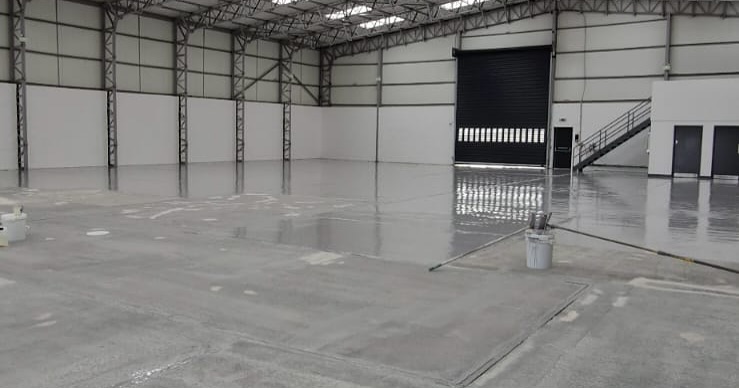
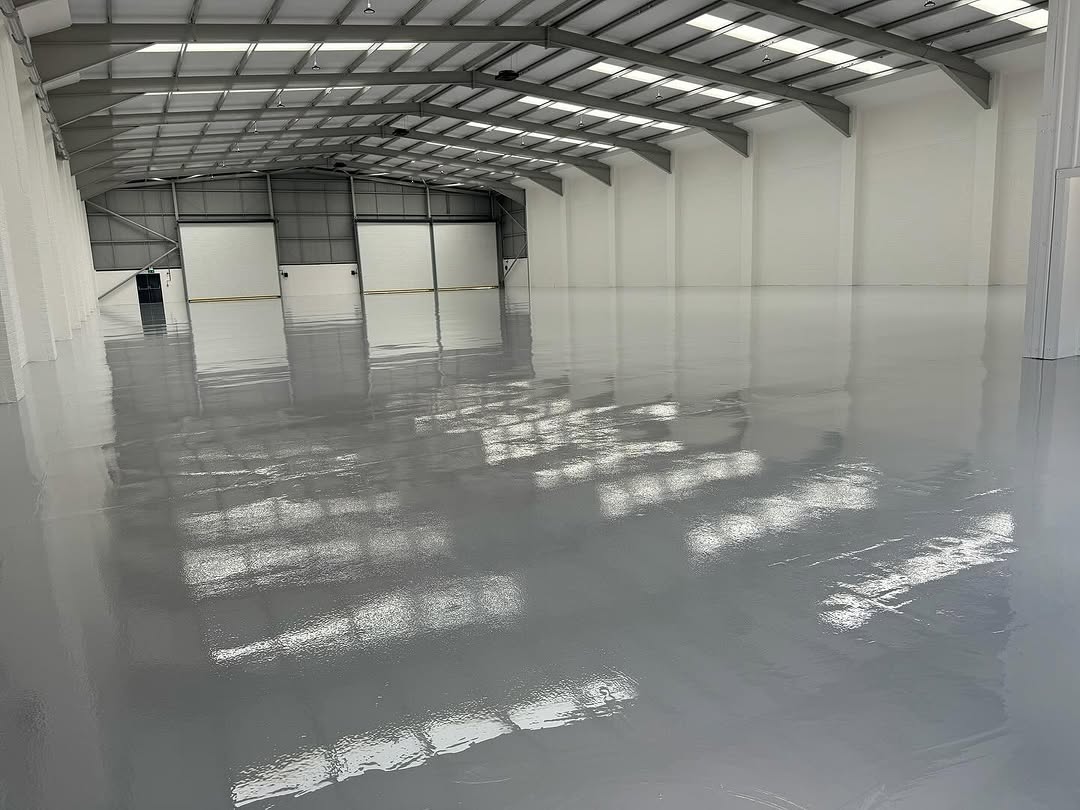
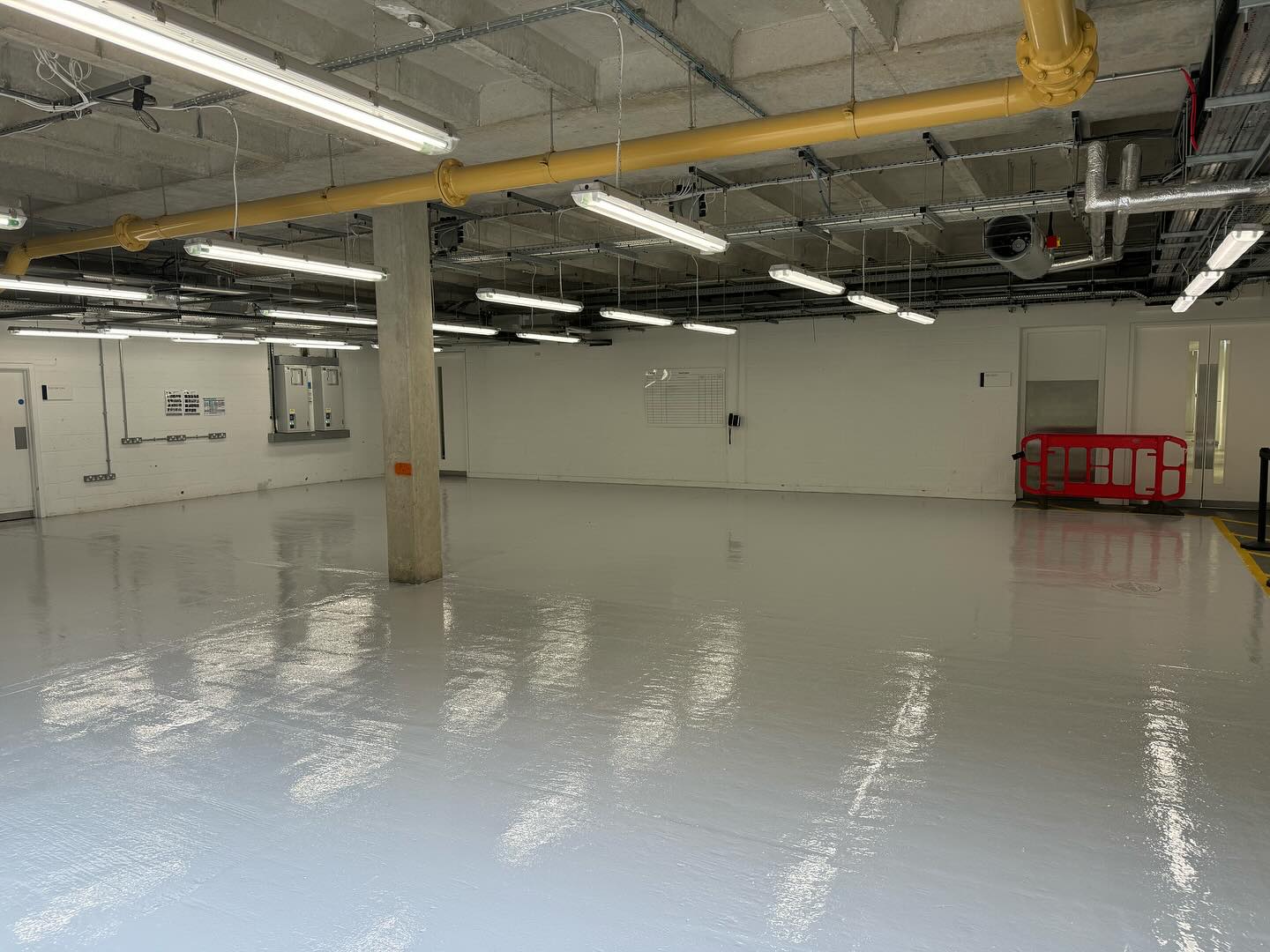
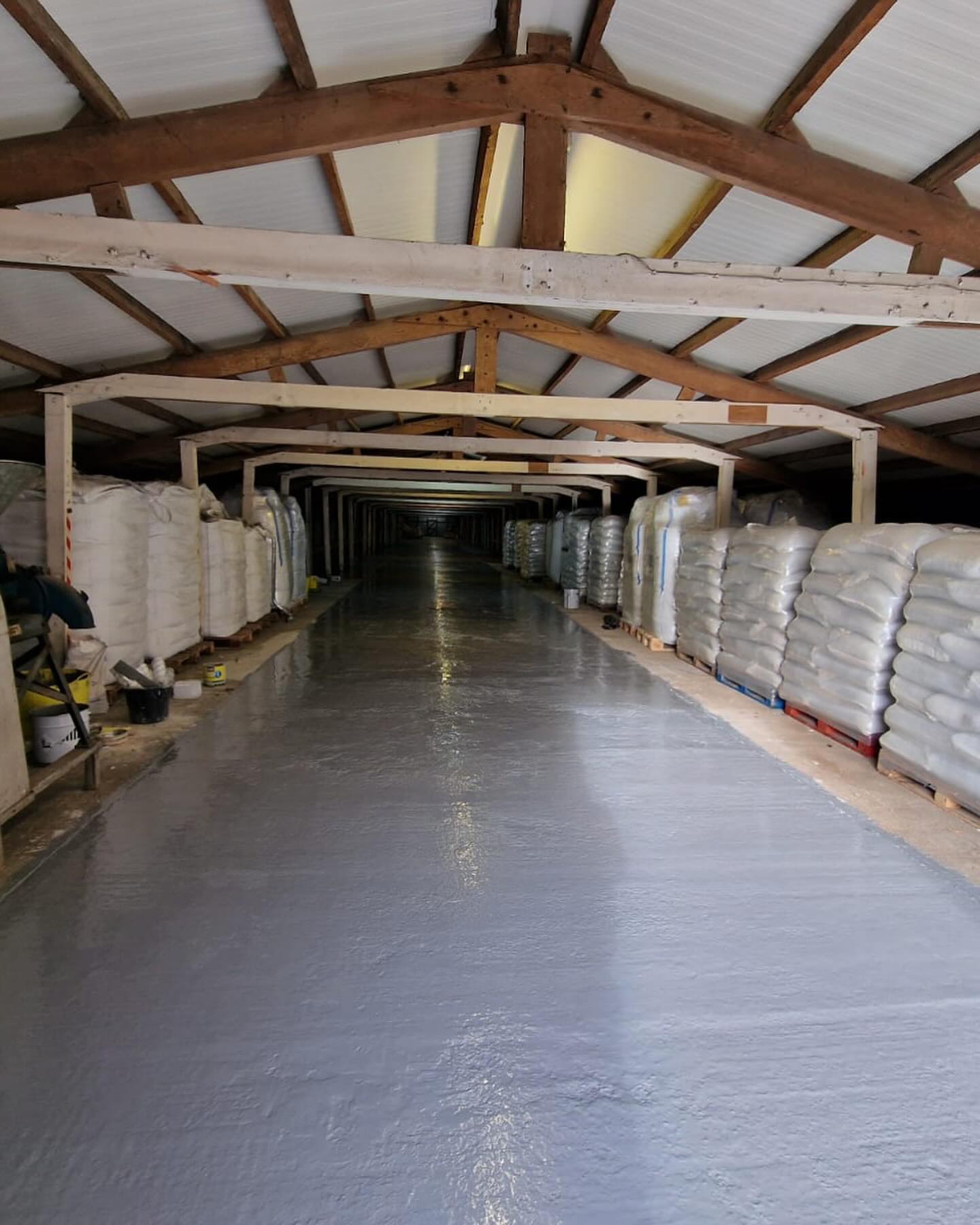
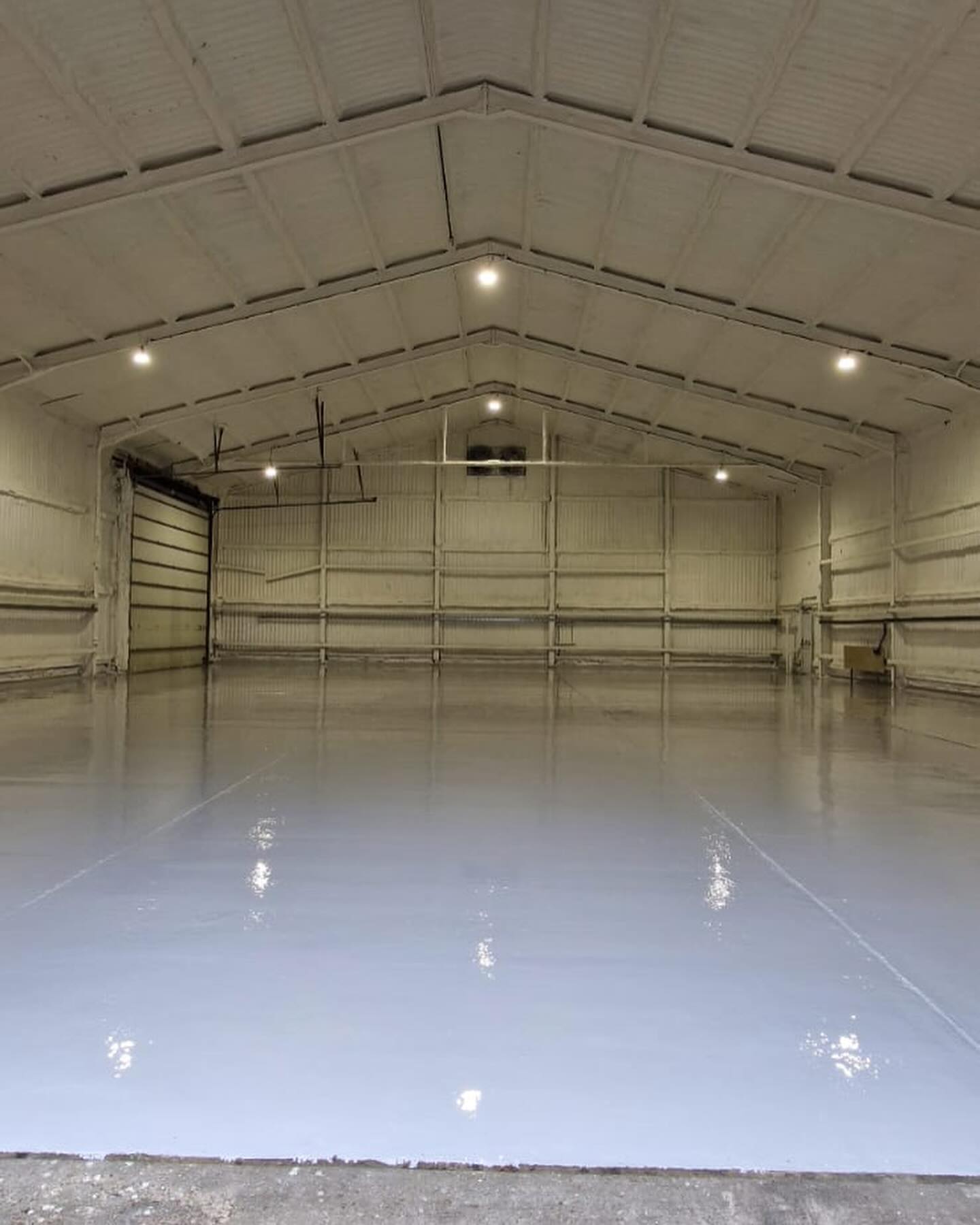
Frequently Asked Questions
Antimicrobial flooring protects against bacteria, fungi, mould, and viruses. Our silver ion systems are effective against over 50 pathogen types and work continuously between cleaning cycles.
We install polyurethane cement systems that handle temperatures up to 120°C. These withstand steam cleaning, hot oil spills, and thermal shock from ovens.
Yes, all our systems comply with HACCP food safety principles. We provide full documentation including cleaning protocols and antimicrobial test certificates.
Our teams carry out seamless repairs using colour-matched materials that bond chemically with the existing floor. Most repairs complete overnight to minimise disruption.
We install floors with slip resistance ratings from R10 to R13 depending on your needs. Higher ratings suit areas with oil or wet contamination.
Protect Your Facility with Hygienic Flooring
Ensure compliance and safety with antimicrobial floor systems.